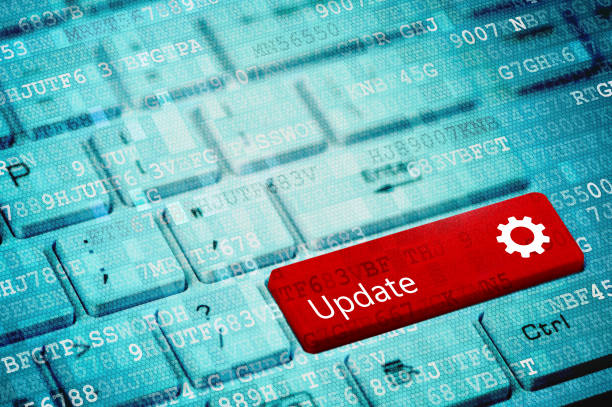On March 20th, the Royal Decree-Law 6/2023 came into effect, approved by the Spanish Government on December 19th, 2023, and validated by the Congress of Deputies on January 10th, 2024. The approval of said regulation has been motivated, among other reasons, by the digital transformation in which the State Administration is immersed, with the ultimate goal of complying with a clear objective: to use new technological instruments and tools for a better and more efficient management of public resources within the framework of the Administration of Justice.
Regarding the reform of Law 1/2000, of January 7th, on Civil Procedure, the introduction of a series of legislative modifications stands out, aimed at providing greater speed to litigation, without diminishing procedural guarantees or the rights of the parties.
As for what interests us here, we note the following updates:
1) Creation of the so-called “justice folder.” This is a system made available to each citizen through which they can access the files in which they are a party or interested party and process the communications made to them in relation to those files.
2) In the field of oral trial, the amount has been increased from 6,000 to 15,000 euros. This means that, in matters processed by amount, all those whose amount does not exceed 15,000 euros will be decided in oral proceedings. Likewise, processes in which individual actions relating to general contracting conditions, claims for amounts from owners’ meetings, regardless of the amount, and actions for the division of common property are exercised will also be processed through oral proceedings.
This expansion of the material scope of oral trial will favor many procedures that previously had to be resolved through ordinary trials to be processed through oral trial in a much faster and more beneficial manner for the parties. Notwithstanding the foregoing, we must take into account that this modification also has a negative impact on the system of resources, as Judgments issued in matters processed through oral trials due to the amount do not have access to cassation.
Finally, in oral trials, expert reports may be submitted within 30 days from the filing of the complaint or response, when it was not possible to submit them along with these. Final diligences are extended to the scope of oral trials.
3) Regarding notifications, the most relevant change is found in the cases of legal entities that are legally obliged to relate to the Public Administration through electronic means. In these cases, communication acts will be carried out electronically, and, specifically, the procedures for first summons or citation will also be carried out electronically.
In these cases, a notice will be sent to the affected legal entity indicating that it has a pending communication at its disposal, and, in the event that three days pass without the recipient accessing its content, the communication will be published via the Single Judicial Notice Board.
This modification represents a very relevant change, since the Constitutional Court had already made it clear in its judgment number 47/2019, of April 8th, that the first summons had to be made on paper.
For all these reasons, affected companies must have absolute control over the electronic platforms through which they may receive judicial notifications, as well as the Single Judicial Notice Board.
4) In order to comply with the objective of using the technological means currently available for a better and more efficient management of the Administration of Justice, the preference is established for procedural acts to be held electronically, without prejudice to certain exceptions and as long as judicial offices have the necessary technical means for this.
Statements or interrogations of parties, witnesses, and experts are foreseen as an exception in which physical presence is required, but it is allowed to request the statement electronically when they reside in a municipality different from that of the Court.
While it is true that this new regulation introduces the legal mandate to provide the Administration of Justice with the necessary technical means, we will have to wait quite some time until this becomes a reality in all judicial districts.
5) Regarding resources, the appeal, opposition, and, if applicable, challenge will be filed directly with the higher Court that will resolve it. Likewise, the extraordinary appeal for procedural infringement has been abolished, so, against Judgments issued by the Provincial Courts, only cassation appeal will be admissible.
All these modifications will apply exclusively to judicial proceedings initiated after the entry into force of Royal Decree-Law 6/2023.
It is evident that the ambitious reform of the Civil Procedure Law carried out by Royal Decree-Law 6/2023 introduces significant changes that we will have to be aware of.
At addwill, we are at your disposal if you wish to expand the information and expert advice from our professionals in the litigation department. You can contact us through the form.



